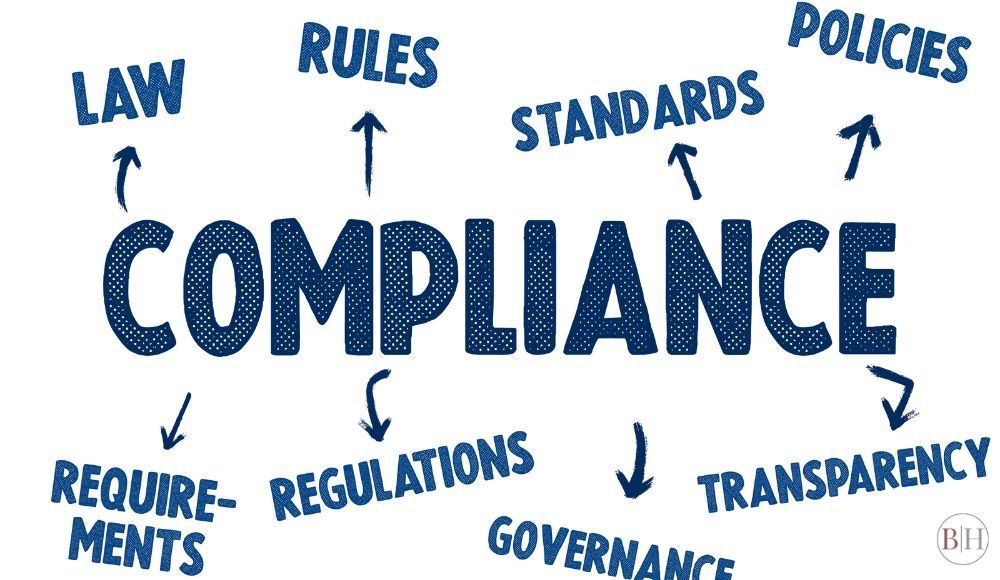Corporate Insolvency and Debt Restructuring

When a business is unable to pay its debts--whether it's due to a lack of cash flow or an imbalance between its assets and liabilities--it becomes insolvent. Even though insolvency is frequently associated with failure, it can also present a chance for companies to regroup and bounce back.
Businesses in financial distress can choose from a variety of legal and strategic options, such as negotiated restructuring with creditors or formal bankruptcy proceedings. Any business navigating rough financial waters must comprehend these options and the importance of knowledgeable legal counsel.
Legal Options for Insolvent Corporations Facing Financial Distress and Bankruptcy
Depending on their jurisdiction and the severity of their circumstances, corporations may seek various legal remedies when insolvency occurs. Formal bankruptcy offers a structured procedure for either asset liquidation or reorganization under court supervision. Companies may apply for protection under applicable insolvency laws, such as Chapter 11 of the US Bankruptcy Code.
Businesses can temporarily halt creditor actions while negotiating repayment or restructuring plans thanks to these legal frameworks. Liquidation procedures allocate a company's assets to creditors in a systematic manner, guaranteeing justice and legal compliance, in situations where recovery is improbable.
Debt Restructuring Strategies to Negotiate with Creditors and Reorganize Corporate Finances
A failing company does not always have to close since debt restructuring offers an alternative to bankruptcy by allowing companies to renegotiate loan terms, reduce debt loads, or extend repayment schedules. Common tactics include debt-for-equity transactions, refinancing existing obligations, and combining multiple debts on more favorable terms.
Cooperation and transparency between debtors and creditors are essential during restructuring. Creditors often agree to a partial repayment to prevent a complete loss from liquidation. Businesses can maintain employment, stabilize cash flow, and pave the way for long-term sustainability by implementing proactive restructuring strategies.
Role of Corporate Attorneys in Guiding Clients Through Insolvency Proceedings and Liquidation
When it comes to guiding clients through the insolvency and restructuring processes, corporate attorneys are crucial. In addition to outlining available legal options and assessing financial risks, they also represent businesses in negotiations with creditors, investors, and in court proceedings.
Lawyers can protect the company from potential lawsuits and make sure restructuring plans comply with legal requirements. In liquidation situations, they oversee the sales and distribution of assets while upholding corporate governance obligations and creditors' rights.
In addition to their technical expertise, corporate lawyers provide strategic advice, helping executives weigh the financial and reputational implications of every decision. They often decide whether a company can successfully reorganize or be dissolved.
Hire an Experienced Law Firm for Corporate Restructuring and Bankruptcy
The experienced team of corporate attorneys at Bingaman Hess will work with you to assist you in navigating the complexities and challenges of restructuring or bankruptcy.
With offices in Wyomissing, Kutztown, Harrisburg, and Media, we help clients in a broad range of counties to achieve their goals and turn their business aspirations into reality.
This article is for informational purposes only and does not constitute legal advice. No one may rely on this information without consulting an attorney. Anyone who attempts to use this information without attorney consultation does so at their own risk. Bingaman Hess is not and shall never be responsible for anyone who uses this information. It is not legal advice.









